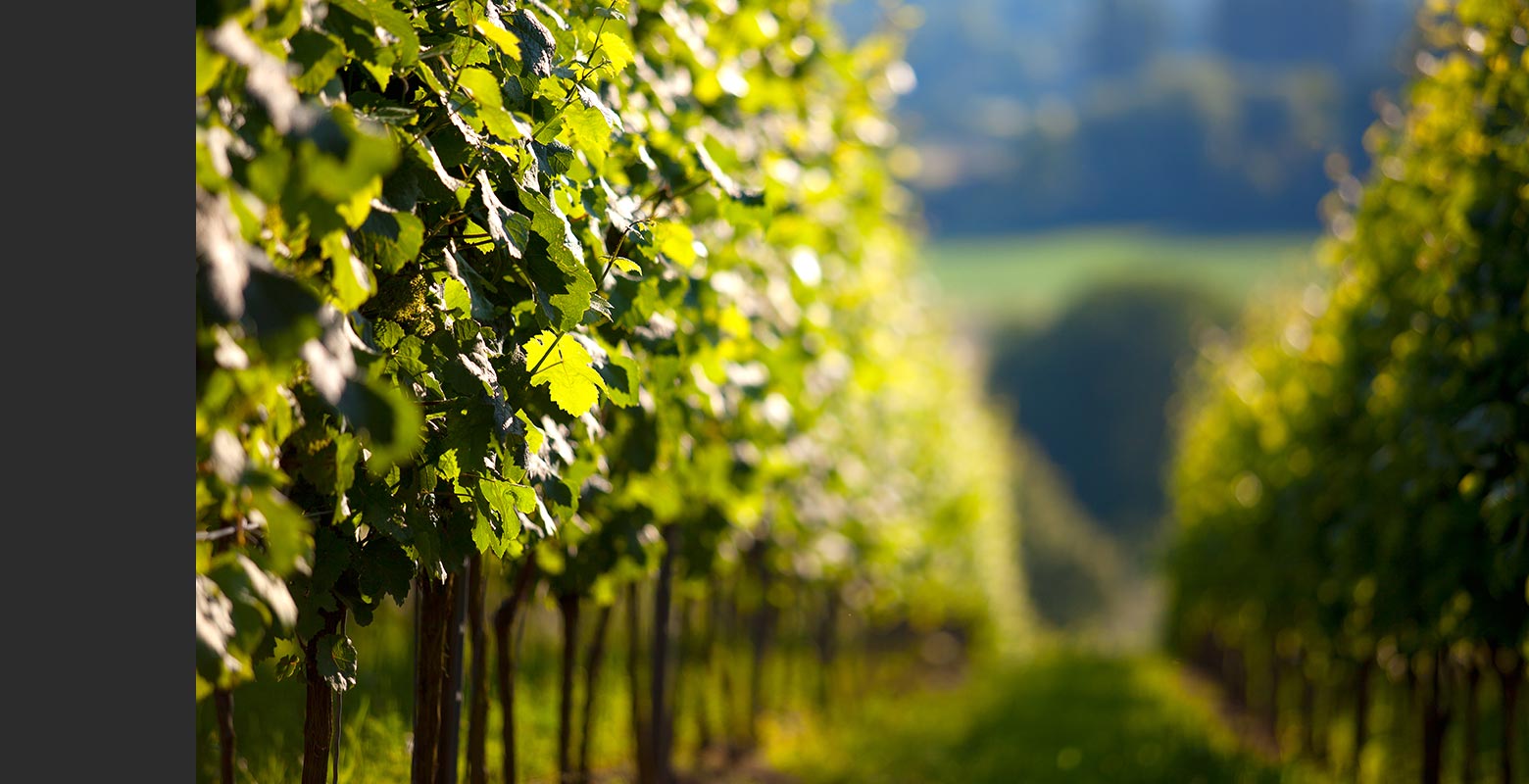Joseph de Sonis
Bertrand de Cuyper and Joseph de Sonis took over this, one of the Saint Amour appellation’s oldest domaines, in early 2011.
After 20 years in Beaujolais, Bertrand decided to embark on a new adventure and to express his winemaking beliefs with humility and sincerity: respect for the terroirs and the natural rhythms, minimal and sustainable work both in the vineyards and in the winery, patience, respect for the domaine’s identity and traditional wine style.
Located at the bottom of the village, Domaine des Pins takes its name from a driveway planted with century-old pines just behind the house. Unfortunately, many of these were destroyed in the great storm of December 1999. The domaine works around a dozen plots over 6 hectares with various soils ranging from sandstone in La Folie and deep marl in Les Pochieux to the sand found in La Tête de Bonet.
A short history of Saint-Amour
The commune of Saint-Amour owes its name to Saint-Amore, a Roman soldier from the Saint-Maurice Legion, who converted to Christianity.
He lived as a missionary after fleeing a massacre in the Swiss Valais region.
Joseph de Sonis
Bertrand de Cuyper and Joseph de Sonis took over this, one of the Saint Amour appellation’s oldest domaines, in early 2011.
After 20 years in Beaujolais, Bertrand decided to embark on a new adventure and to express his winemaking beliefs with humility and sincerity: respect for the terroirs and the natural rhythms, minimal and sustainable work both in the vineyards and in the winery, patience, respect for the domaine’s identity and traditional wine style.
Located at the bottom of the village, Domaine des Pins takes its name from a driveway planted with century-old pines just behind the house. Unfortunately, many of these were destroyed in the great storm of December 1999. The domaine works around a dozen plots over 6 hectares with various soils ranging from sandstone in La Folie and deep marl in Les Pochieux to the sand found in La Tête de Bonet.
A short history of Saint-Amour
The commune of Saint-Amour owes its name to Saint-Amore, a Roman soldier from the Saint-Maurice Legion, who converted to Christianity.
He lived as a missionary after fleeing a massacre in the Swiss Valais region.

